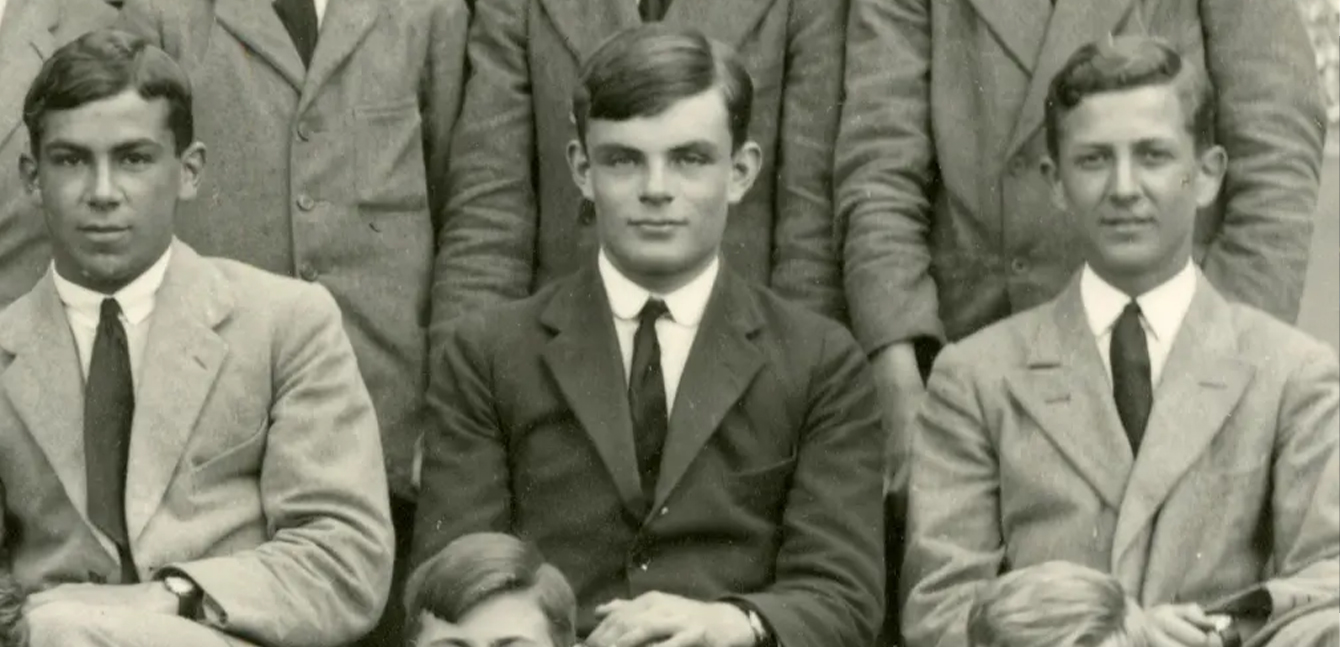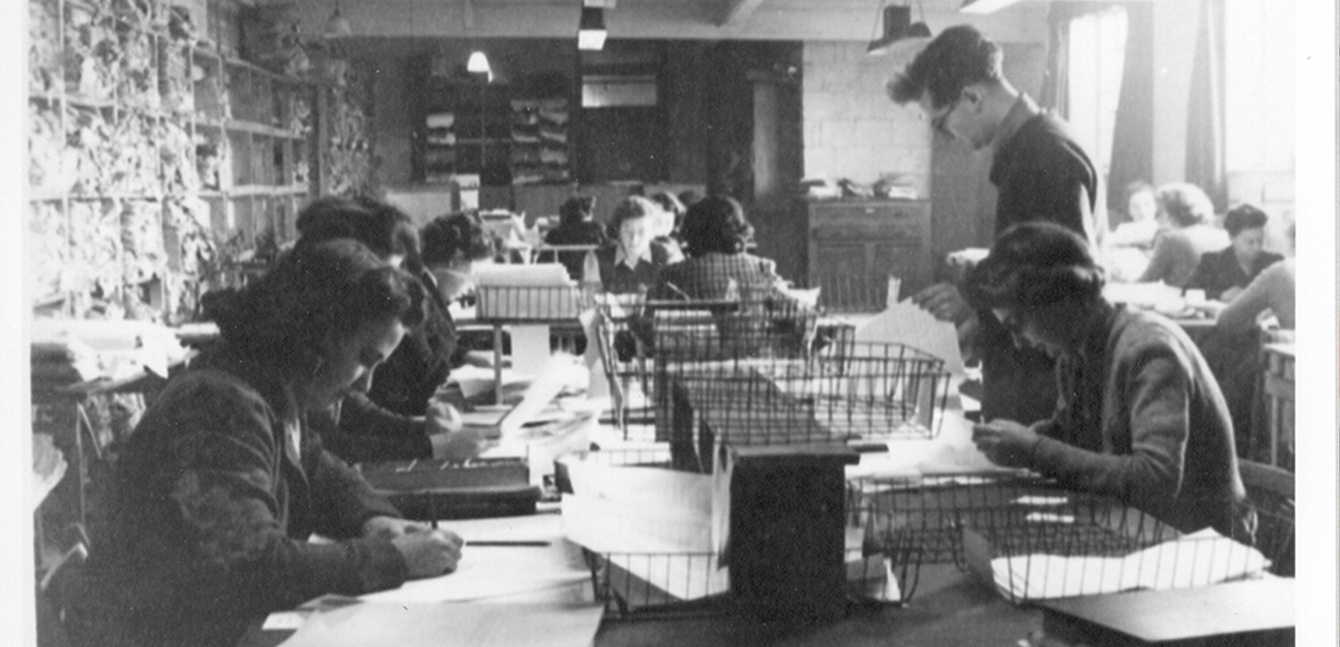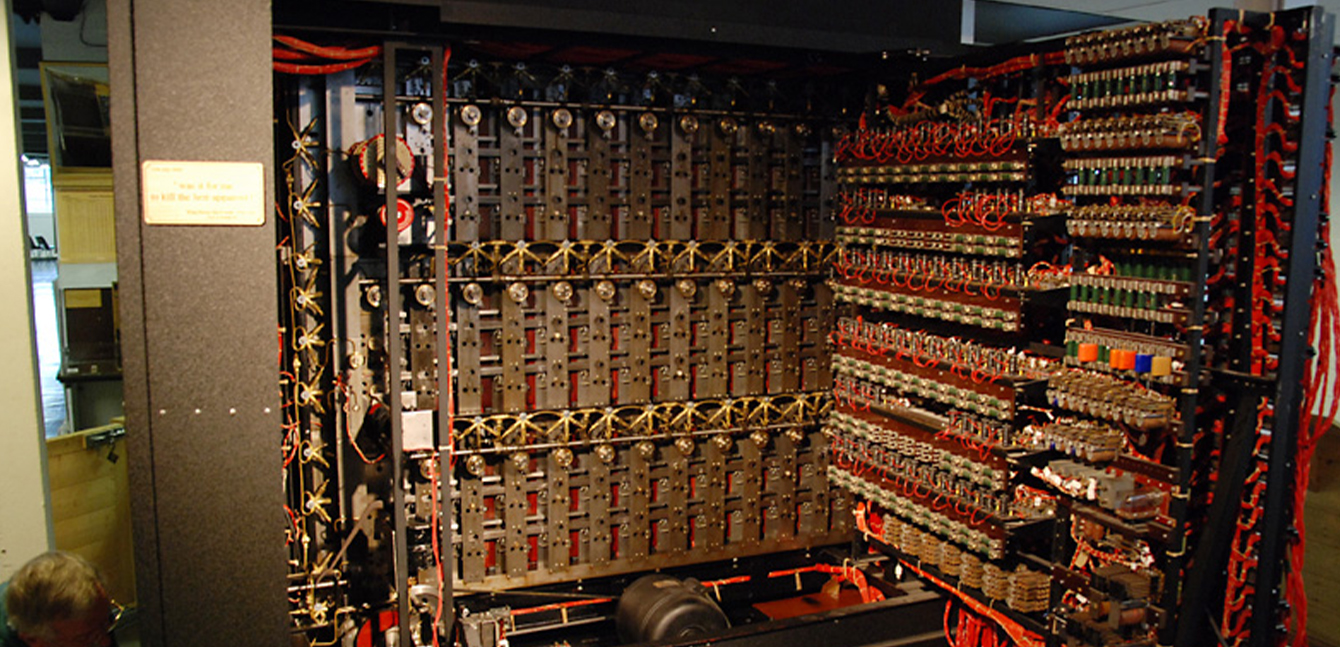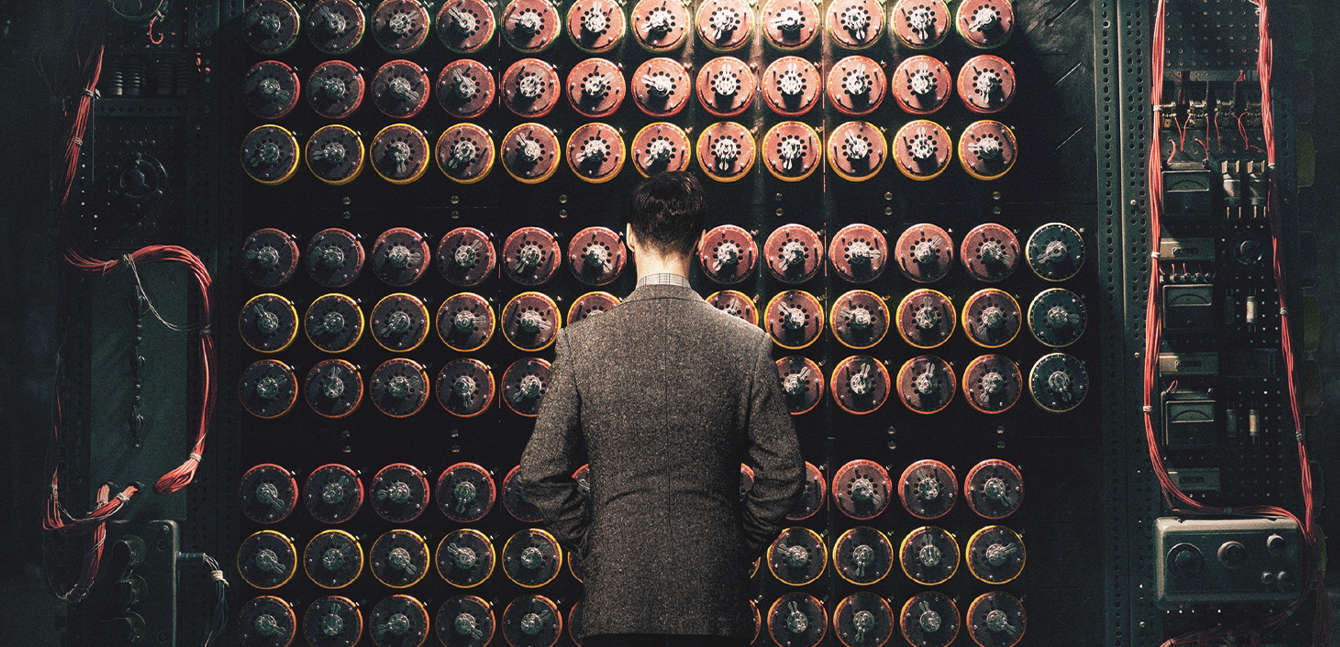February and November mark LGBTQ History Month. It’s a time when we can share captivating stories about our heroes and highlight the remarkable influence of the rainbow community in shaping the world we inhabit.
This month, in our first article about the Rainbow History, let’s shine a light on one of the most brilliant minds of the 20th century, Alan Turing. His intellect revolutionized modern computing, his bravery deciphered the Nazi Enigma code, and his story is a powerful reminder of how individuals can make history despite facing prejudice.
A Mind That Transformed the World
Born in 1912, Alan Turing was a mathematical genius who paved the way for the field we now call computer science.

His pioneering work on algorithms and hypothetical machines in the 1930s formed the bedrock for the digital devices we rely on today, including the one you’re using to read this. Turing’s idea of a ‘universal machine’ today known as the Turing Machine, served as the prototype for modern computing.

The Genius Who Broke the Unbreakable Code
During World War II, Turing signed on with the British government’s super-secret code-cracking squad at Bletchley Park. His work on figuring out the German Enigma machine played a huge role in shortening the war and saving countless lives.

By creating the Bombe machine, Turing and his crew managed to decipher Nazi coded messages, gaining absolutely vital intel that changed the course of the war.

A Gay Man in a Time of Persecution
Even though Turing was a hero of the war, he lived in a time when being gay was against the law. In 1952, he was charged with “gross indecency” after the police found out he was in a relationship with another man. Given the choice between going to jail or undergoing chemical castration, Turing picked the latter. He had to put up with forced hormone treatments that ravaged his body and mind. Just two years later, in 1954, he was found dead from cyanide poisoning, a probable suicide at the age of 41.
Honoring His Legacy
It took many years for Turing’s incredible work to be fully appreciated. In 2013, Queen Elizabeth II officially forgave him after his death, and in 2017, the UK government created “Turing’s Law,” which pardoned many others convicted under old laws that were against gay people.

If you’re curious about Turing’s life and how much he influenced the world, check out the 2014 movie The Imitation Game (trailer on Youtube). It’s a really powerful story about his life’s work and the difficult times he went through. Benedict Cumberbatch plays Turing in the film, and it does a great job of showing both his amazing achievements and the unfair treatment he experienced.
If you like this article, follow us on X where we are having a poll about who should we talk about next.

